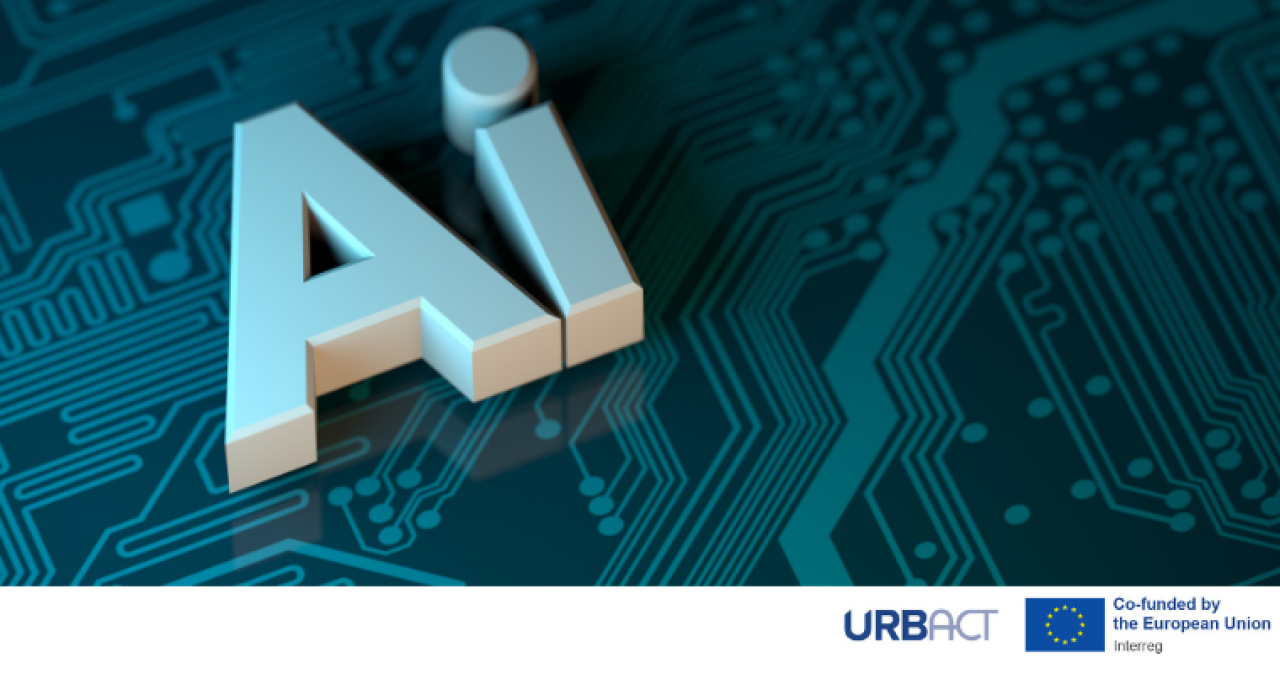We are only beginning to uncover the possibilities.
Eleven different AI assistants were developed and tested using the Intric platform, already in use by other municipalities such as Sundsvall. These assistants support a range of operational areas, including:
Home Care Assistant: Helps staff quickly locate relevant procedures related to welfare technology, social alarms, and keyless locks.
Bibliobot: Offers instant information on library services and literature, particularly valuable during unstaffed hours in rural libraries.
IT Support Assistant Lina: Provides staff with rapid responses to IT-related queries, easing the workload on IT support teams.
Voice Power: Allows residents to submit ideas on urban development and assists them in expressing and formulating their proposals.
While the pilot highlighted significant benefits—including quicker access to information, improved service availability, and more time allocated to core responsibilities—not all assistants have been tested in open environments. Most were trialled under controlled conditions to assess their potential before considering broader implementation.
Key Benefits Identified:
Enhanced quality and speed of information retrieval
Improved safety and accessibility for staff
Stronger basis for decision-making and refocused staff time on core tasks
Challenges and Areas for Further Development:
Limited testing timeframe, restricting full-scale deployment
Lack of integration with existing municipal systems
“The AI pilot has deepened our understanding of how artificial intelligence can support our operations and has provided valuable insights for future development. We are eager to build on this foundation and continue learning about AI and digital transformation,”
– Jennie Olofsson, Library Strategist and Metacity Project Manager
This article was contributed by Jennie Olofsson, as part of Härnösand’s participation in the URBACT Metacity project.
Jennie Olofsson
Library Strategist,
Härnösand DigidelCentre & Library
Department of Growth,
Härnösand Municipality


